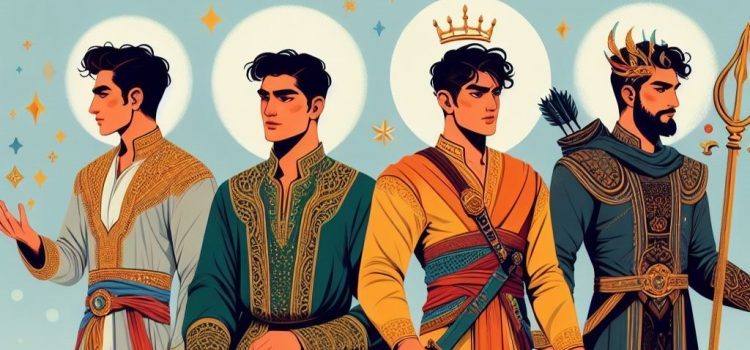Why do you always make bad decisions? And how do you stop lying to yourself about your choices? We all make bad decisions sometimes, and often it’s because we’re telling ourselves lies instead of basing our choices on reality. When we lie to ourselves, it’s easier to make unwise decisions. Here’s how to take control of your life and make better decisions.
Stop Lying to Yourself or You’ll Make Bad Decisions










